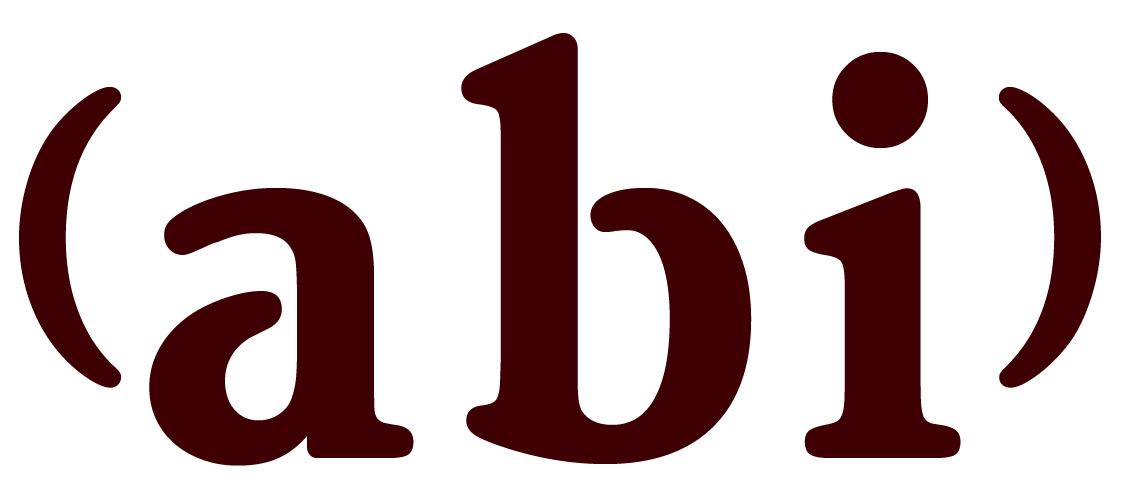Is college on the radar for your loved one or student?
When you think about your child’s or student’s future do you think about them going to college? Today more than ever college is an option for students with an intellectual disability (ID) across the nation. However, options in the western United States are limited. Until four years ago there wasn't even one inclusive college option in Oregon.
In October, applicants who applied for the next round of TPSID (Transition and Postsecondary Programs for Students with Intellectual Disabilities) funding found out if they would or would not receive the federal grant they applied for through the U.S. Department of Education. Unfortunately, not every institution of higher education that applied for the 2020-2025 TPSID funding was awarded. Although 22 grantees in 16 different states did receive the federal grant to create or expand high quality, inclusive model comprehensive transition and postsecondary programs for students with intellectual disabilities (ID). Visit Think College for more about What is a TPSID?.
Portland State University (PSU) in Oregon and Highline College in Washington did not receive this round of TPSID funding to support their programs. They will be continuing their programs though. Both colleges are committed to students with ID having an inclusive college experience available to them in their state. Check out PSU’s Career and Community Studies and Highline’s Achieve for more information about their programs.
We are excited that UC Davis in California and Washington State University (WSU) in Washington did receive the federal TPSID funding they applied for. Congratulations! UC Davis has been awarded a $2.1 million dollar TPSID grant to establish a new four-year program for students with intellectual disabilities to go to college there and WSU received $2.3 million to expand their program.
Beth Foraker will be co-director of the new SEED (Supported Education to Elevate Diversity) Scholar program at UC Davis which will offer inclusive living. Foraker says, “We will begin with 12 students in the fall of 2021 and add a cohort of 12 each year until we have 48 total students. We are so grateful for the opportunity which all began with a Stakeholder Meeting in 2018 and being part of the Think College West Coast Coalition in Portland, Oregon.” Check out the video, Why Not Us? Post Secondary College Opportunities for Students with Disabilities, that Beth and her son Patrick made from our Coalition event.
Katie Hirschfelder, Program Director of WSU’s ROAR program says, “We are so grateful to have received funding through the TPSID grant. We plan to move forward with expanding on eight different areas within the ROAR program: staffing and enrollment, person-centered planning, audit courses, ROAR classes, employment services, inclusive campus and community engagement, advocacy outreach and collaboration, and faculty and staff professional development.” Hirschfelder says, “The TPSID grant will allow programs like ROAR to enroll more students. This will provide more individuals with ID and Autism the opportunity to attend a PSE program.”
While more and more colleges are creating programs for students with ID and becoming more inclusive the majority are not. When it comes to colleges not accepting students with intellectual disabilities this is a huge equity issue. People with intellectual disabilities are an underrepresented group and their inclusion needs to be elevated in all educational equity discussions and required in all state and federally funded efforts. Many states discriminatory college acceptance requirements prevent students with intellectual disabilities from being accepted to the school or taking credit courses if they do get in.
Going to college should be a rite of passage if you choose it to be. It should not be about having a certain IQ score or being able to pass a certain entrance exam or placement test. College should be about exploring ideas and courses, learning more about what you are interested in and passionate about, gaining lived experience about what it means to be a college student, and taking yourself to that next level of growth as a person. Students with intellectual disabilities are asking to go to college and that is why we are working to open doors to colleges in the NW region.
Visit the Think College page on our website for more information and join our Think Inclusive College (West Coast Coalition) group on Facebook.

